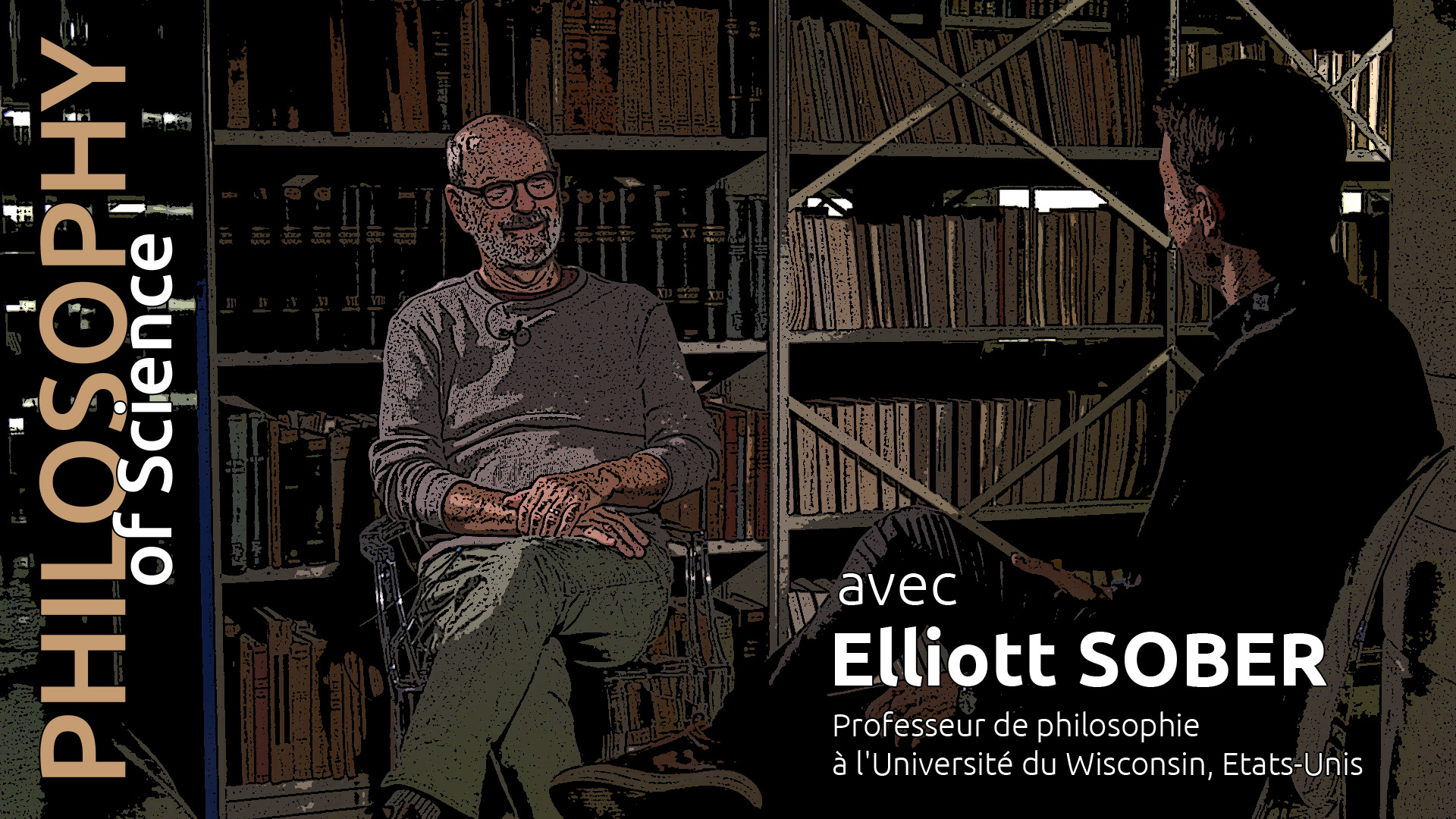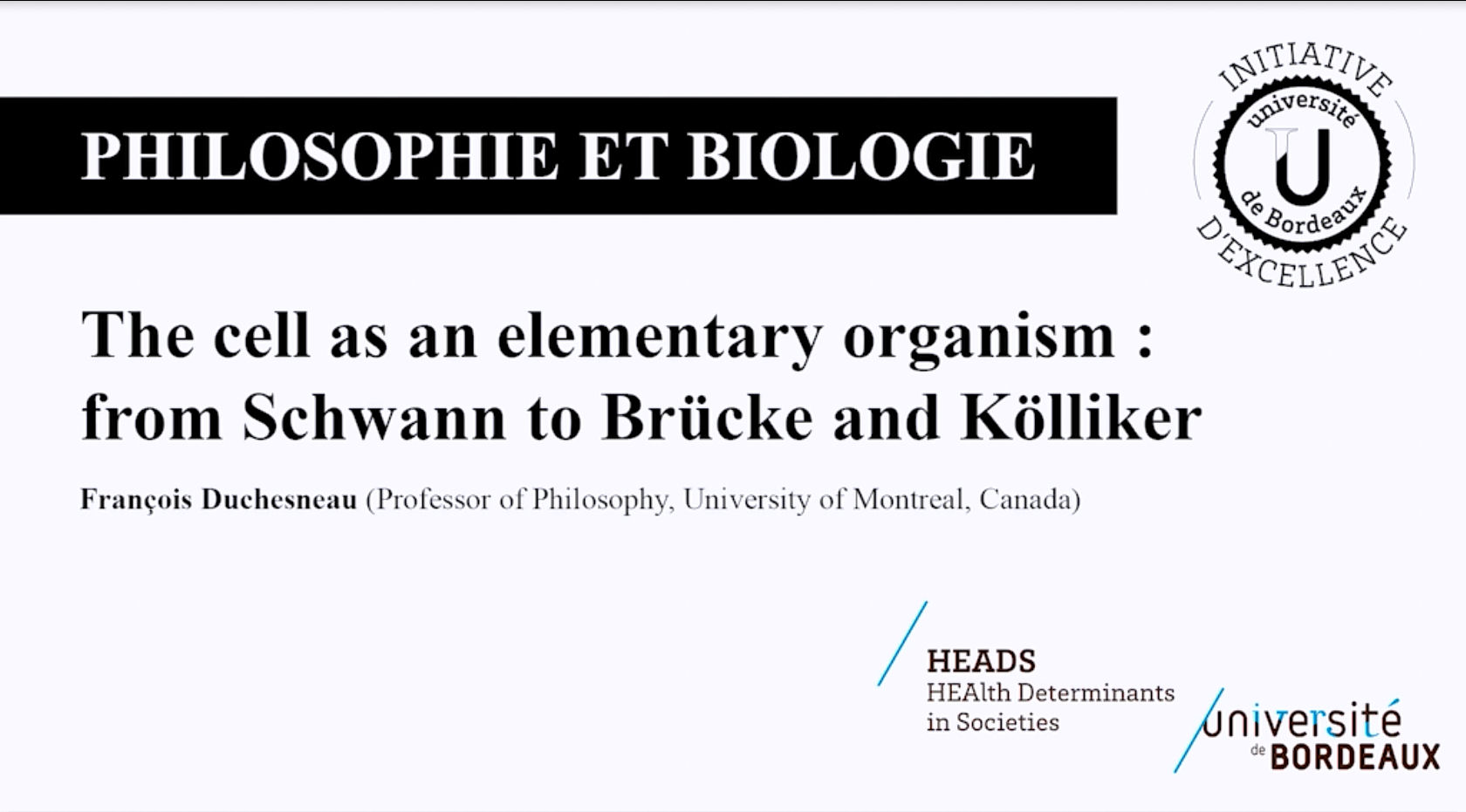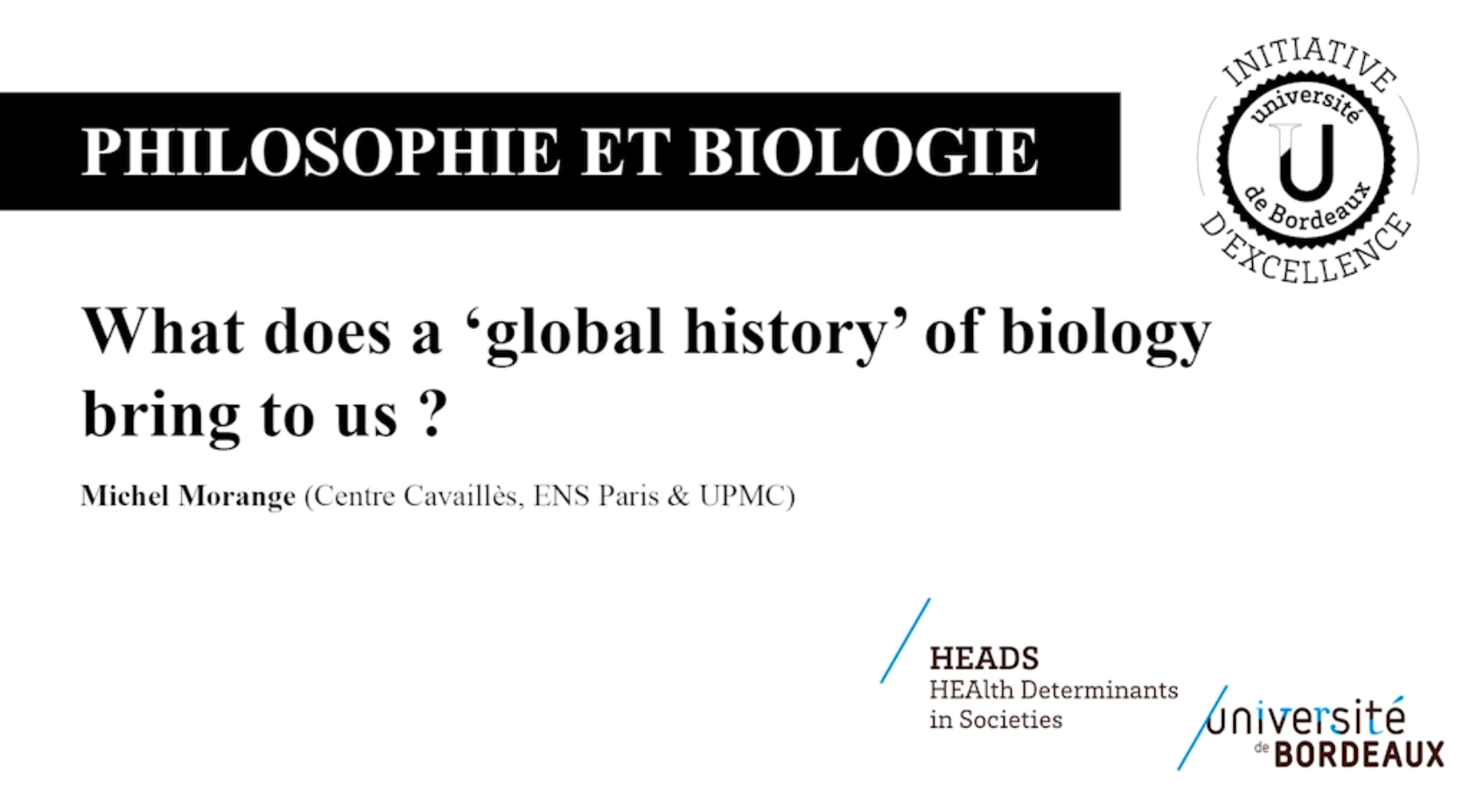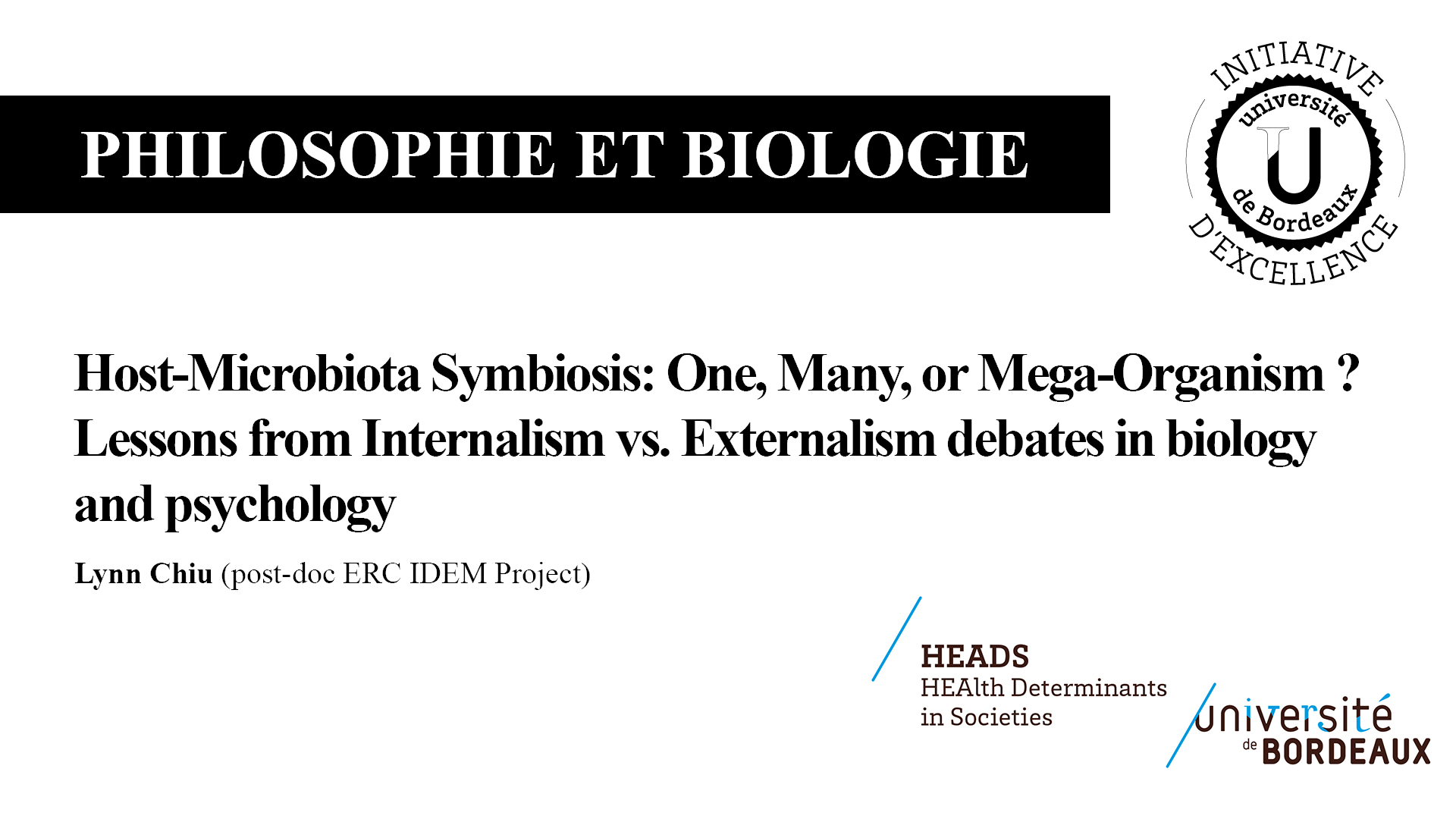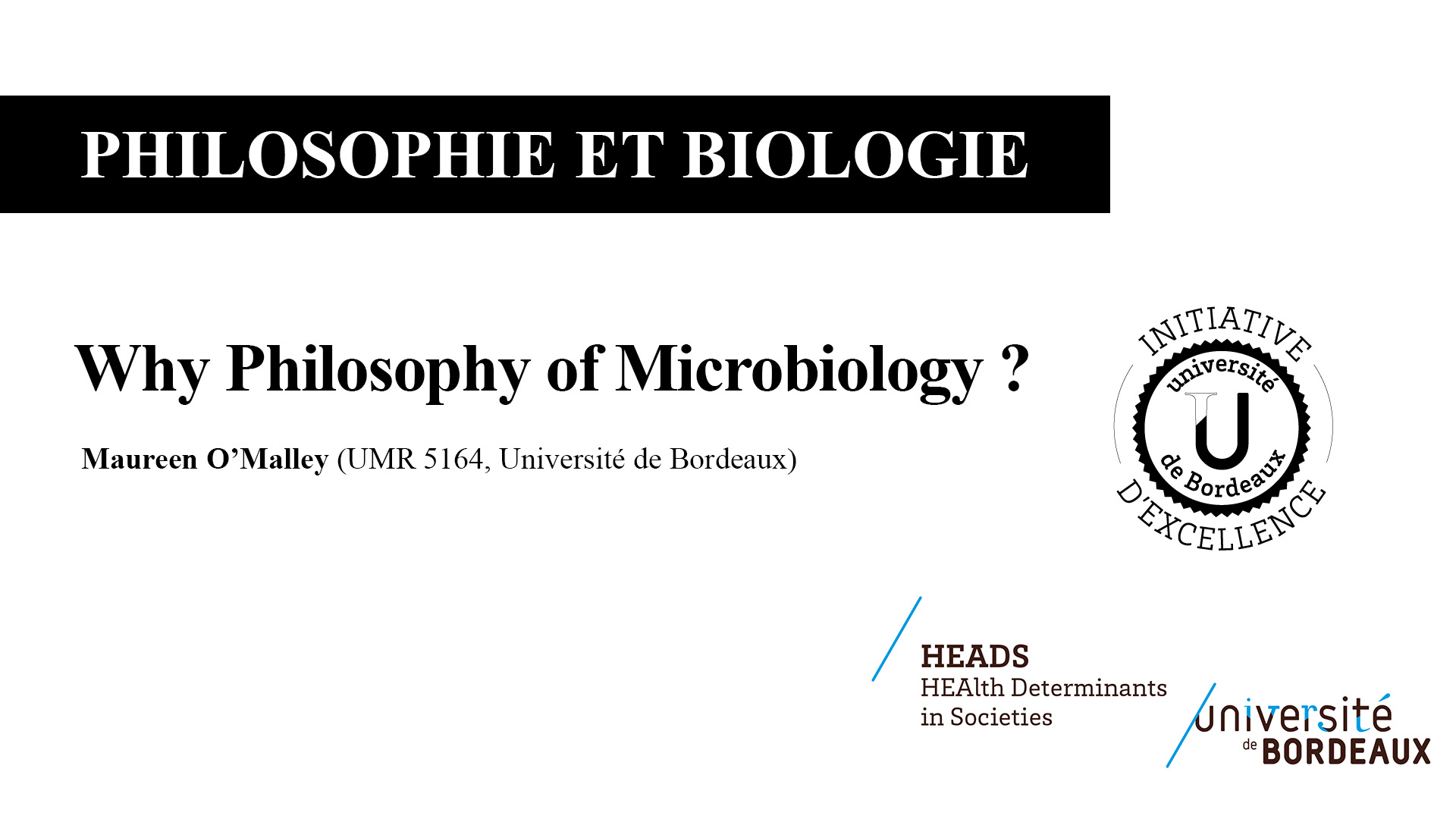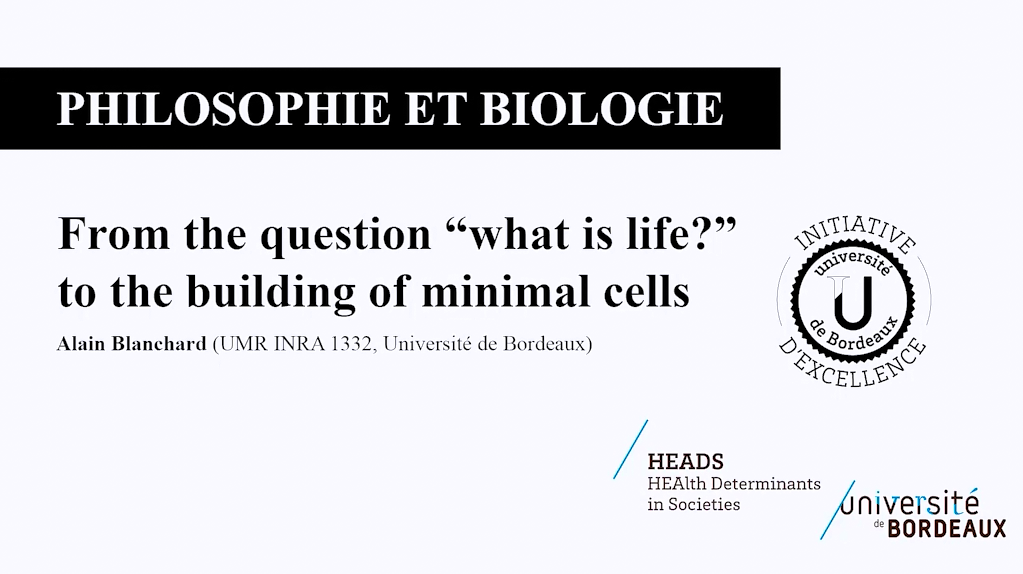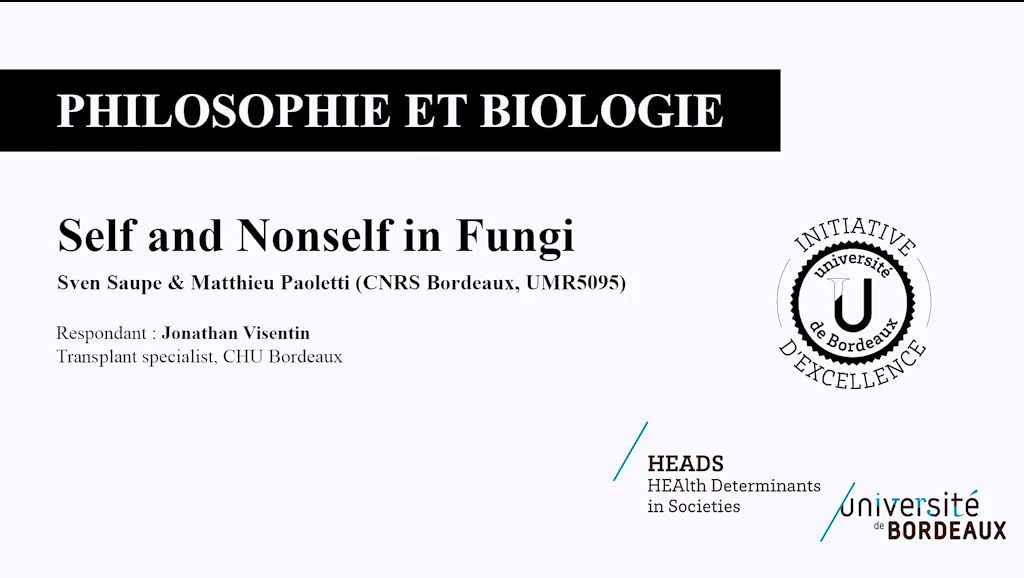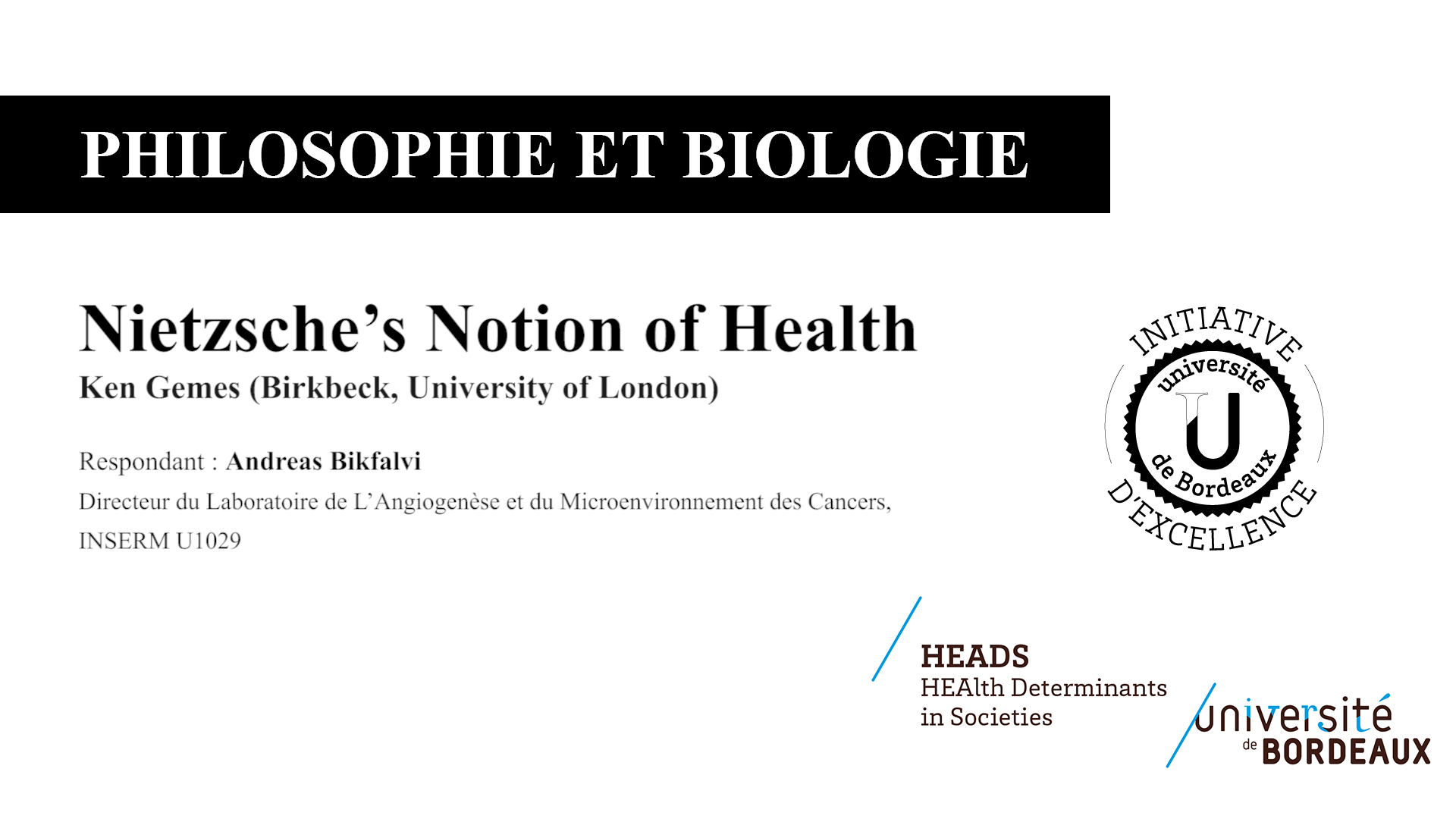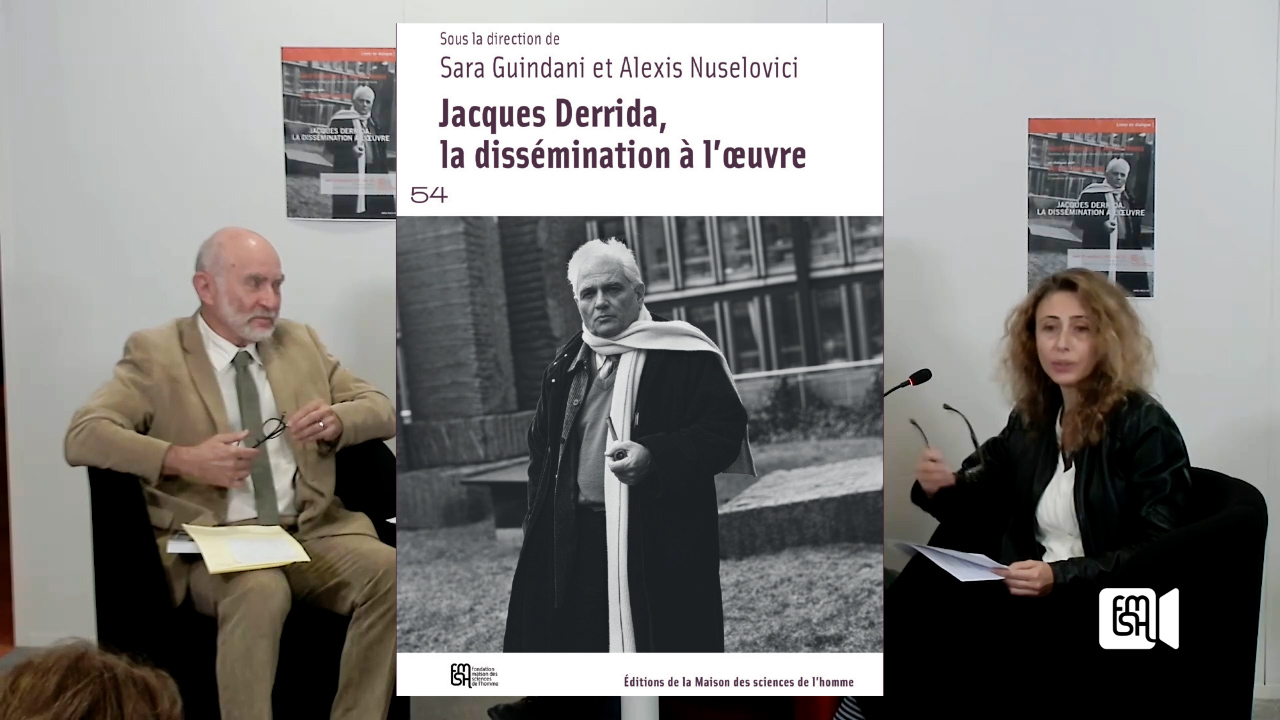Notice
What’s Special About Genes? Causal Specificity, Information, and Genetic
- document 1 document 2 document 3
- niveau 1 niveau 2 niveau 3
Descriptif
Philosophers of biology have recently been debating to what extent such nucleic acids that are said to carry genetic information (i.e., DNA or mRNA) really play a special role in development. A recent attempt to defend such a special role consists in arguing that nucleic acid is what makes an actual difference (as opposed to potential differences) to the amino acid sequence of proteins. However, this is not sufficient as there are often other actual-difference makers involved in protein synthesis, for example, splicing or post-translational modification mechanisms. For this reasons, it has been suggested that what distinguishes nucleic acid is their causal specificity. Causal specificity has to do with the amount of control that interventions on the cause variable can exert on the effect variable. However, a quantitative measure of causal specificity can be used to show that in many cases the specificity of non-genetic causes is a full match to the genetic causes.
In this talk, Marcel Weber argue that what matters biologically is the causal specificity that inheres in possible interventions that are biologically normal, where biological normality is defined both in terms of what can happen in a population of organisms at a non-negligible probability and what is consistent with normal biological functioning of the rest of the organism. This kind of causal specificity is higher for genetic causes than for the (known) non-genetic causes.
Dans la même collection
-
Philosophy of Science / Elliott Sober
SoberElliottElliott Sober est philosophe de la biologie à l’Université du Wisconsin. Dans cette interview avec Thomas Pradeu, il récapitule son parcours et présente sa vision de la contribution de la
-
The cell as an elementary organism: from Schwann to Brücke and Kölliker
DuchesneauFrançoisThis presentation is about the way cell physiology (Cellular physiologie) was born. Indeed, Schwann invented the cell theory in 1839, but his views on the cell were rapidly challenged and transformed
-
What does a ‘global history’ of biology bring to us ?
MorangeMichelTo write a global history of life sciences from Antiquity to extant research, from molecular biology to ecology and ethology is an impossible task, the promise to be inaccurate and wrong in many
-
Host-Microbiota Symbiosis: One, Many, or Mega-Organism? Lessons from Internalism vs. Externalism de…
ChiuLynnI will distinguish between three types of interactionist reactions to internalist or externalist theories. These theories assign specific theoretical roles to internal and external factors,
-
Why Philosophy of Microbiology ?
O'MalleyMaureen A.Microbes have only recently become the objects of sustained philosophical attention. Some of the reasons why philosophers now find microbes and microbiology interesting, and why philosophy of
-
From the question “what is life?” to the building of minimal cells
BlanchardAlainDepuis plusieurs siècle, la question du sens et de la nature de la vie est un sujet central en philosophie et en sciences. Nous avons désormais rassemblé, au moyen d'une approche expérimentale, un
-
Self and non-self in fungi
SaupeSvenPaolettiMathieuVisentinJonathanThe notion of self is a rich but ambiguous concept that is used in a wide array of academic disciplines including immunology, psychology and philosophy (in particular in different branches of
-
Nietzsche's notion of Health
GemesKenBikfalviAndreasIt is widely known that Nietzsche take himself to present a tremendous challenge to conventional morality. Many of his interpreters have been exorcised in trying to make precise the nature of that
Sur le même thème
-
SOIRÉE DE PRÉSENTATION DE L'OUVRAGE "JACQUES DERRIDA, LA DISSÉMINATION A L’ŒUVRE"
BourmeauSylvainGuindaniSaraNuseloviciAlexisÀ l'occasion de la parution de l'ouvrage Jacques Derrida, la dissémination à l'œuvre dans la collection "54", les Éditions de la Maison des sciences de l'homme organisent une soirée de
-
Comment s’orienter dans la crise ?
Proposée et organisée par la Maison des Sciences de l'Homme de Clermont-Ferrand et le PHIER, laboratoire Philosophies et Rationalités, cette web conférence, ouverte à toutes et à tous, s’est tenue le
-
Le Libéralisme dans tous ses États : Histoire de la pensée
le Libéralisme dans tous ses Etats- Histoire de la pensée
-
Pourquoi philosopher sur le végétal ?
La place occupée par le végétal dans la pensée contemporaine n'a cessé de progresser ces dernières années. Les enseignements qui en découlent nous inviteraient à reconsidérer des notions telles
-
L'attention aux plantes ordinaires
De la forêt à la végétation urbaine, nous vivons entourés de plantes qui participent à la composition de nos mondes. Mais bien souvent, celles qui peuplent les espaces de notre vie quotidienne
-
Penser et agir avec la nature
Les études s'intéressant à l'impact de l'activité humaine sur la nature se multiplient depuis les années 60. Aujourd'hui, l'intérêt du public pour la question écologique est massif et les
-
Ricoeur et le sens de l'altérité, par Olivier Abel
Parlant de la rencontre des cultures, Ricœur écrivait en 1960 : « Pour avoir en face de soi un autre que soi, il faut avoir un soi ». Entre un relativisme où il n’y a plus que des autres, et la
-
Jean-Yves Chateau
Jean-Yves Chateau, Inspecteur général honoraire de philosophie Analogie, science et philosophie chez Simondon
-
Arnaud Macé
Arnaud Macé, EA 2274 Logiques de l’Agir, Université de Franche-Comté. Les sources présocratiques de l’analogie chez Simondon
-
Michaël Crevoisier
Michaël Crevoisier, EA 2274 Logiques de l’Agir, Université de Franche-Comté. Penser l’individuation du sujet transcendantal grâce à la méthode analogique. Simondon critique de la critique kantienne
-
Anne Lefebvre
Anne Lefebvre, CRD, ENS Paris-Saclay Après Bergson. Le devenir analogique de l’intuition ou la critique de la hiérarchisation de l’action
-
Jean-Hugues Barthélémy
Jean-Hugues Barthélémy, EA 4414 HAR, Université Paris-Nanterre La réhabilitation philosophique de l’analogie chez Simondon et le problème de la nature analogique de la philosophie


